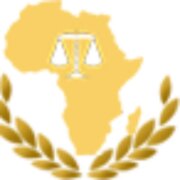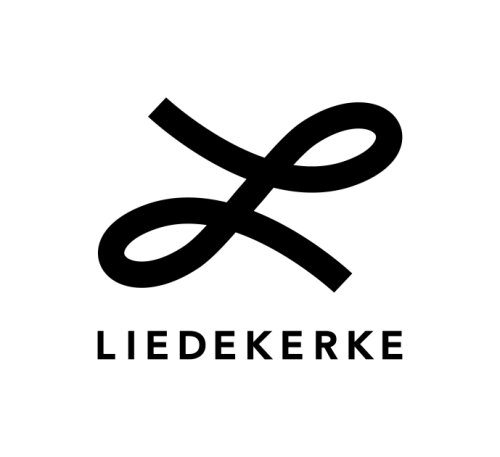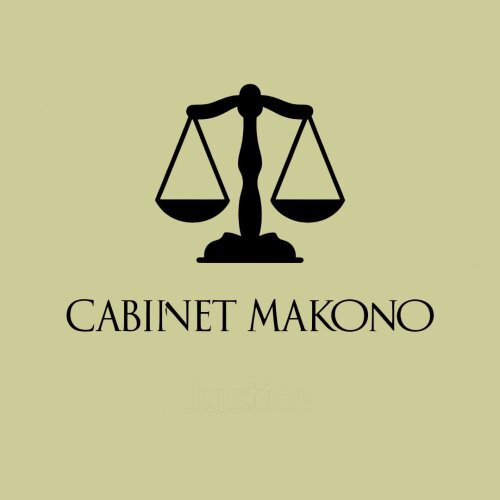Best Renewable & Alternative Energy Lawyers in DR Congo
Share your needs with us, get contacted by law firms.
Free. Takes 2 min.
Or refine your search by selecting a city:
List of the best lawyers in DR Congo
About Renewable & Alternative Energy Law in DR Congo
The Democratic Republic of the Congo (DR Congo) is known for its vast natural resources, including significant potential for renewable and alternative energy. Hydropower, in particular, dominates the energy landscape thanks to the mighty Congo River, but there is also growing interest in solar, wind, biomass, and geothermal energy. Renewable and alternative energy law in DR Congo refers to the legal frameworks, governmental policies, and regulations that oversee the production, distribution, and use of these energy sources. These laws aim to attract investment, protect the environment, and promote sustainable energy development, contributing to national energy security and economic growth.
Why You May Need a Lawyer
Renewable and alternative energy ventures often involve complex legal issues. Here are common situations where legal help is necessary:
- Securing permits and licenses for energy projects.
- Complying with environmental regulations and impact assessments.
- Drafting and negotiating contracts with investors, suppliers, or the government.
- Resolving land use and property rights issues related to energy installations.
- Understanding and benefiting from subsidies, tax incentives, or government support.
- Navigating international investment or partnership agreements.
- Addressing disputes related to energy supply, grid access, or regulatory compliance.
- Ensuring adherence to safety and technical standards.
A lawyer specializing in renewable and alternative energy can help individuals, businesses, and communities make informed decisions, ensure legal compliance, and protect their interests.
Local Laws Overview
In DR Congo, renewable and alternative energy is regulated by a combination of constitutional provisions, sector-specific legislation, and governmental policies. The Ministry of Hydraulic Resources and Electricity oversees the sector, while the National Electricity Company (Société Nationale d'Electricité, SNEL) is the primary utility provider. Key aspects of the legal environment include:
- Energy Policy and Regulation: The government has policies promoting private investment in renewable energy, with a focus on rural electrification and sustainable development.
- Permitting and Licensing: Any energy project, especially those above a certain capacity, must obtain permits and adhere to technical and environmental standards.
- Land Use: Specific regulations govern the use of land and water resources for energy projects, including community consultations and compensation mechanisms.
- Environmental Protection: Environmental impact assessments are mandatory for most large-scale projects to minimize ecological damage.
- Investment Laws: Investors may benefit from incentives such as tax breaks or customs exemptions, but must comply with investment codes and local content requirements.
- Grid Access and Tariffs: Laws regulate who can access the national grid and how electricity tariffs are determined, with priority often given to renewable sources.
Frequently Asked Questions
What types of renewable energy are most common in DR Congo?
Hydropower is the most developed renewable energy source in DR Congo, but solar, biomass, and wind energy projects are also emerging across the country.
Do I need a license to start a renewable energy project?
Yes, all renewable energy projects require permits or licenses from the relevant government authorities, especially for commercial-scale installations.
What environmental regulations apply to renewable energy projects?
Projects must undergo environmental impact assessments, comply with regulations to protect local ecosystems, and meet standards set by the Ministry of Environment.
Are there any tax incentives or subsidies for renewable energy investments?
The government may offer incentives such as tax exemptions, reduced customs duties on equipment, and other benefits for qualifying projects.
Can foreign companies invest in renewable energy in DR Congo?
Yes, foreign investment is welcome and encouraged, but investors must follow local investment codes and may need to partner with local entities.
How are electricity tariffs for renewable energy determined?
Tariffs are regulated by government bodies, often based on project costs, market rates, and social considerations. Negotiations may occur for independent power producers.
What protections exist for community lands involved in energy projects?
Laws require community consultations, fair compensation, and respect for land rights during project development.
What happens if a renewable energy project harms the environment?
Project developers may face fines, remediation obligations, or revocation of licenses if they fail to comply with environmental standards.
How long does it take to get approval for a renewable energy project?
The timeline can vary widely depending on project size, location, and compliance with requirements. It may take several months to over a year.
Where should I start if I want to launch a renewable energy project?
Start by consulting with a lawyer or advisor familiar with DR Congo’s energy sector to guide you through regulatory requirements, permits, and investment opportunities.
Additional Resources
Here are some useful organizations and governmental bodies for those interested in renewable and alternative energy in DR Congo:
- Ministry of Hydraulic Resources and Electricity
- Ministry of Environment and Sustainable Development
- National Electricity Company (SNEL)
- Agence Nationale pour la Promotion des Investissements (ANAPI)
- Renewable Energy Associations or local business chambers
- Local offices of international organizations like the World Bank or African Development Bank
These organizations can provide policy updates, investment guidelines, technical standards, and project support.
Next Steps
If you are considering a renewable or alternative energy project in DR Congo, take the following steps:
- Identify your project goals and the type of energy you want to develop.
- Contact the relevant government ministries for information on permits and regulations.
- Consult with a qualified lawyer experienced in renewable energy law in DR Congo for tailored legal advice.
- Engage with local communities and stakeholders early in the process.
- Prepare all necessary documentation for environmental, land, and investment compliance.
- Explore available incentives or support programs that can benefit your project.
Professional legal assistance can help you navigate the regulatory landscape, minimize risk, and ensure the success and sustainability of your energy venture in DR Congo.
Lawzana helps you find the best lawyers and law firms in DR Congo through a curated and pre-screened list of qualified legal professionals. Our platform offers rankings and detailed profiles of attorneys and law firms, allowing you to compare based on practice areas, including Renewable & Alternative Energy, experience, and client feedback.
Each profile includes a description of the firm's areas of practice, client reviews, team members and partners, year of establishment, spoken languages, office locations, contact information, social media presence, and any published articles or resources. Most firms on our platform speak English and are experienced in both local and international legal matters.
Get a quote from top-rated law firms in DR Congo — quickly, securely, and without unnecessary hassle.
Disclaimer:
The information provided on this page is for general informational purposes only and does not constitute legal advice. While we strive to ensure the accuracy and relevance of the content, legal information may change over time, and interpretations of the law can vary. You should always consult with a qualified legal professional for advice specific to your situation.
We disclaim all liability for actions taken or not taken based on the content of this page. If you believe any information is incorrect or outdated, please contact us, and we will review and update it where appropriate.
Browse renewable & alternative energy law firms by city in DR Congo
Refine your search by selecting a city.














